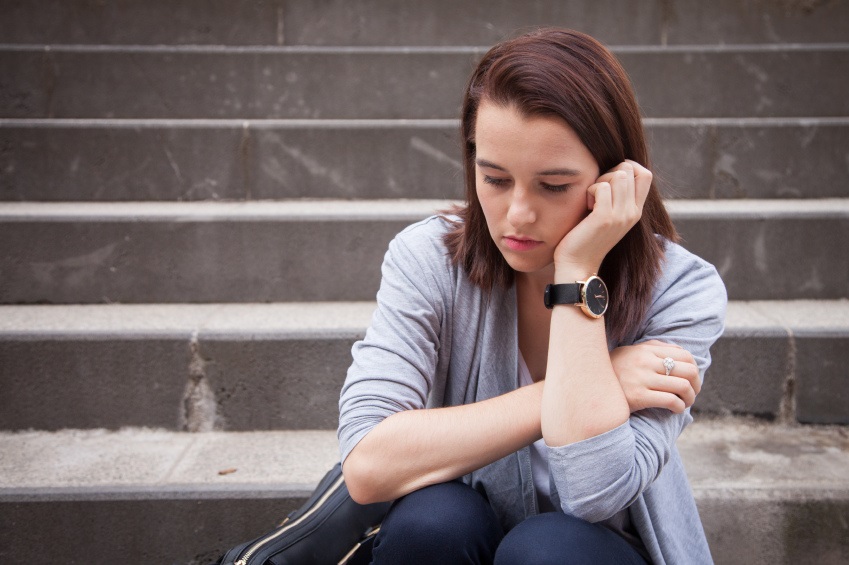
"Law students with disabilities do so much on their own-preparing for class, contributing to discussions, joining and leading student organizations and other activities at the highest levels. But they are missing necessary institutional support. Law schools should meet them at least halfway, providing them with the structural tools they need to thrive."
"- Meera E. Deo, director of the Law School Survey of Student Engagement, which is part of the Center for Postsecondary Research at Indiana University, in comments given to the ABA Journal, concerning the results of 2025 survey, billed as the "first comprehensive look at disability among law students," which revealed that 20% of law students have a disability of some kind, ranging from mental health conditions to physical disabilities. Students with disabilities reported that they often feel unsupported in their legal studies."
Twenty percent of law students have a disability, including mental-health conditions and physical disabilities. Law students with disabilities undertake class preparation, class participation, organizational leadership, and other activities at high levels. Many of these students lack necessary institutional support and report feeling unsupported in their legal studies. Law schools currently rely heavily on students' independent efforts to adapt and succeed. Providing structural tools and accommodations would reduce barriers and improve academic and professional outcomes. Law schools should implement proactive, systemic supports rather than placing the full burden on students.
Read at Above the Law
Unable to calculate read time
Collection
[
|
...
]